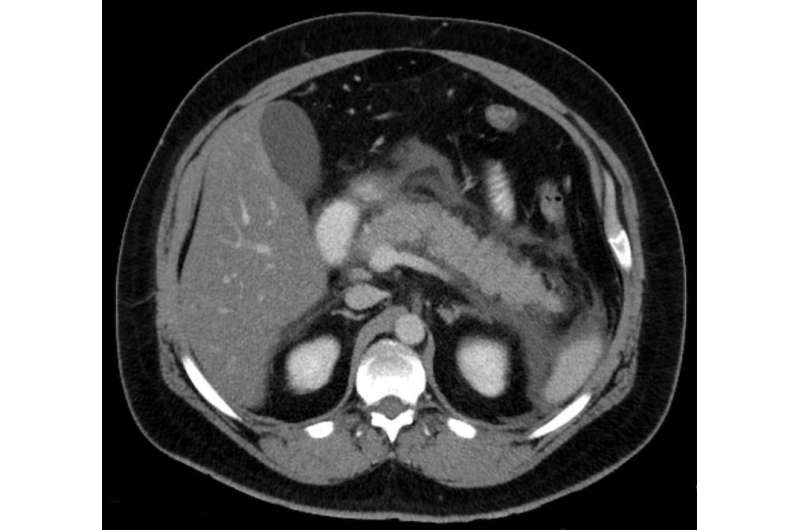Early Eye Movements in Toddlers Predict Future Memory Judgment Abilities

Research shows that toddlers' eye movements during memory tasks can predict their ability to judge the accuracy of their memories one year later, highlighting the role of early visual exploration in developing self-awareness of memory.
Recent research conducted by the University of California, Davis, highlights the significance of eye movements in young children as indicators of their developing metacognitive skills related to memory. The study reveals that toddlers who instinctively scrutinize and compare image pairs during memory tasks tend to have a better understanding of their own memory accuracy one year later. This connection underscores that the seemingly simple act of visual comparison may serve as a foundational behavior for developing memory introspection skills.
The research, published in Nature Communications, involved a longitudinal study with 176 toddlers. At age two, the children participated in a memory task where they viewed pairs of images and indicated which image they remembered seeing before. A year afterward, they repeated the task, and their confidence in their choices was assessed. Eye-tracking technology was used during these tasks to record how often children looked back and forth between the images.
The key finding was that the frequency of visual explorations at age two, along with correct responses, predicted how accurately children could judge their memories a year later. Children who engaged more in comparing options appeared to gain practice in evaluating their memories, leading to increased confidence when correct and uncertainty when mistaken. Surprisingly, the study found that understanding mental states and having the language to describe them did not influence the ability to judge memories at age three, suggesting that early metamemory skills develop independently of these factors.
This study emphasizes that early behaviors, like weighing options and comparing images, are crucial in nurturing the cognitive skills necessary for self-assessment of memories. It sheds light on how basic visual exploration acts as a stepping stone for more sophisticated cognitive abilities involved in decision-making and learning at later stages of childhood.
Stay Updated with Mia's Feed
Get the latest health & wellness insights delivered straight to your inbox.
Related Articles
Patient Advocacy Program Significantly Lowers Repeat Emergency Room Visits
A pioneering patient advocacy program at UChicago Medicine has proven to significantly reduce repeat emergency department visits for minor health issues, enhancing healthcare access and saving costs.
Why Antibiotic Resistance Threatens Global Health Like Climate Change
Antimicrobial resistance (AMR) is a rising global health threat comparable to climate change, requiring international cooperation and innovative research to slow its progression and develop new solutions.
Evolving Methods for Gestational Diabetes Testing in Pregnant Women
Australia introduces updated guidelines for gestational diabetes screening, focusing on targeted testing to improve outcomes and reduce unnecessary interventions in pregnant women.
New Clinical Data Revealed for EBC-129, a Promising Cancer Drug in Phase I Trials
Updated results from Phase I trials of EBC-129, a novel antibody-drug conjugate, show promising efficacy and safety in heavily pre-treated pancreatic cancer patients, paving the way for further clinical development.



